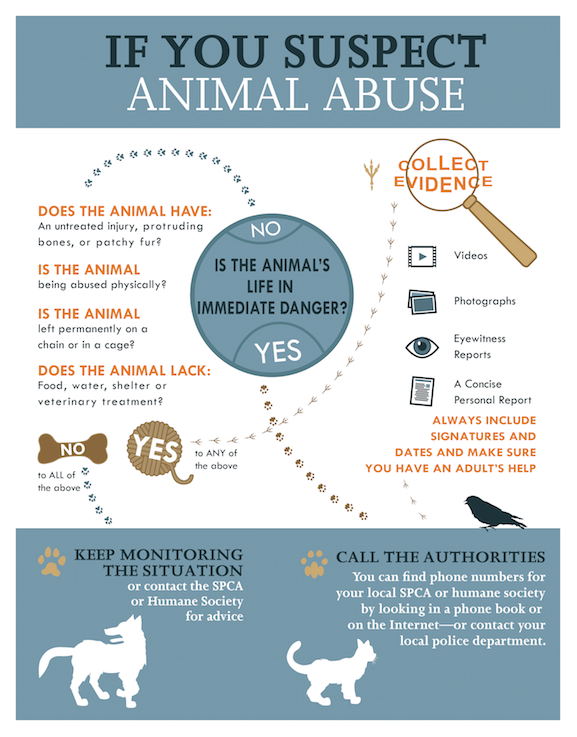Animal cruelty, a grave affront to our intrinsic moral fabric, permeates societies worldwide. It remains a persistent issue, eliciting outrage and despair. The ramifications of such acts extend beyond the immediate suffering of animals; they resonate throughout communities, influencing perceptions of empathy and justice. Understanding the legal repercussions for those who inflict harm upon animals is essential in fostering a culture that denounces cruelty. This article endeavors to present a comparative exploration of the penalties associated with animal cruelty across various nations, examining how different legal frameworks address this troubling reality.
Animal cruelty laws are extensive, yet the severity of punishment varies significantly from one country to another. In democratic nations, legal systems frequently evolve to reflect societal values regarding animal welfare. Legislators grapple with creating laws that not only deter future offenses but also rehabilitate offenders. This dynamic interplay between legislation and morality underscores the complexity of addressing animal cruelty effectively.
In the United States, the legal landscape concerning animal cruelty is multifaceted, characterized by both state and federal statutes. The Animals Welfare Act (AWA) serves as a cornerstone federal law, primarily focused on the treatment of animals in research and commerce. Individual states have the authority to impose additional laws and penalties. For instance, some states classify animal cruelty as a felony, resulting in substantial penalties, including imprisonment and hefty fines. In Louisiana, a conviction for aggravated animal cruelty can lead to a prison sentence of up to ten years and fines reaching $25,000. Conversely, other states may categorize similar offenses as misdemeanors, leading to comparatively lighter punishments.
In contrast, the legal framework of the United Kingdom reflects robust animal welfare considerations. The Animal Welfare Act of 2006 unequivocally mandates that pet owners ensure the well-being of their animals. Under this law, those found guilty of animal cruelty can face imprisonment of up to six months and fines of up to £20,000. Notably, repeat offenders may encounter harsher penalties, including longer prison sentences and lifetime bans on owning animals. This legislation embodies a commitment to protect animals while instilling a broader societal recognition of their rights.
Moving across the Atlantic, Canada presents a landscape of animal protection that continues to evolve. The Criminal Code includes provisions against cruelty, with offenses categorized as either summary or indictable. Depending on the severity of the case, individuals may face penalties ranging from fines to imprisonment of up to five years. In recent years, public sentiment has prompted lawmakers to consider more stringent measures, reflecting an increasing commitment to safeguarding animal rights.
Australia provides an intriguing case study in the fight against animal cruelty, as laws vary between states and territories. For instance, the Prevention of Cruelty to Animals Act in New South Wales prescribes penalties that can include a maximum of three years’ imprisonment and fines exceeding $22,000 for serious offenses. Federal initiatives, such as the Australian Animal Welfare Strategy, aim to coordinate approaches to animal welfare across jurisdictions, fostering a more unified stance against animal cruelty.
Several countries are pioneering innovative approaches to animal welfare and the remedies for infringement. In Switzerland, animal protection laws are among the most progressive in the world. The Swiss Federal Act on the Protection of Animals emphasizes the duty of care owners have towards their pets. Consequently, offenders can face fines and even imprisonment, which can escalate to up to three years for severe violations. Public attitudes towards animals in Switzerland contribute to a culture that actively seeks to prevent cruelty.
In many developing nations, the issue of animal cruelty may not receive the same level of legal attention as in wealthier countries. Cultural and socio-economic factors often complicate the enforcement of animal welfare laws. For instance, in parts of Africa and Asia, traditional practices may conflict with modern views on animal rights. While there are legal frameworks in many countries that ostensibly address animal welfare, enforcement is frequently lax. Activism in these regions is critical in advocating for change, emphasizing education and legislative reform.
The punishment of animal cruelty serves as a reflection of societal values and priorities. In countries where animal welfare laws are strictly enforced, there exists a greater public awareness of the issues surrounding animal cruelty. Conversely, in regions where legislation is inadequate, the mistreatment of animals may perpetuate a cycle of violence and disregard for living beings. By understanding the legal consequences faced by offenders, societies can collectively foster an environment that champions empathy and protection for our non-human companions.
The legal consequences of animal cruelty extend beyond mere punishment; they invite a broader discourse about morality and coexistence. As public attitudes shift, lawmakers must also evolve legislation to reflect changing societal values. Advocating for comprehensive animal protection laws, enforcing stricter penalties, and committing to educational initiatives are essential steps towards a future where animals are treated with dignity and respect. It is imperative to cultivate an ethos that recognizes and promotes the intrinsic connection between humans and animals, fostering a world where cruelty is an anathema to collective humanity.
In conclusion, the journey towards effective animal welfare legislation is a nuanced, globally resonant narrative. Across nations, the quest for justice reflects the depths of human empathy and the recognition of an obligation to protect those who cannot speak for themselves. Achieving a horizon where animal cruelty is universally condemned necessitates a concerted effort from all segments of society—governments, communities, and individuals alike. Only together can the specter of animal cruelty be diminished, paving the way for a compassionate and just world.








